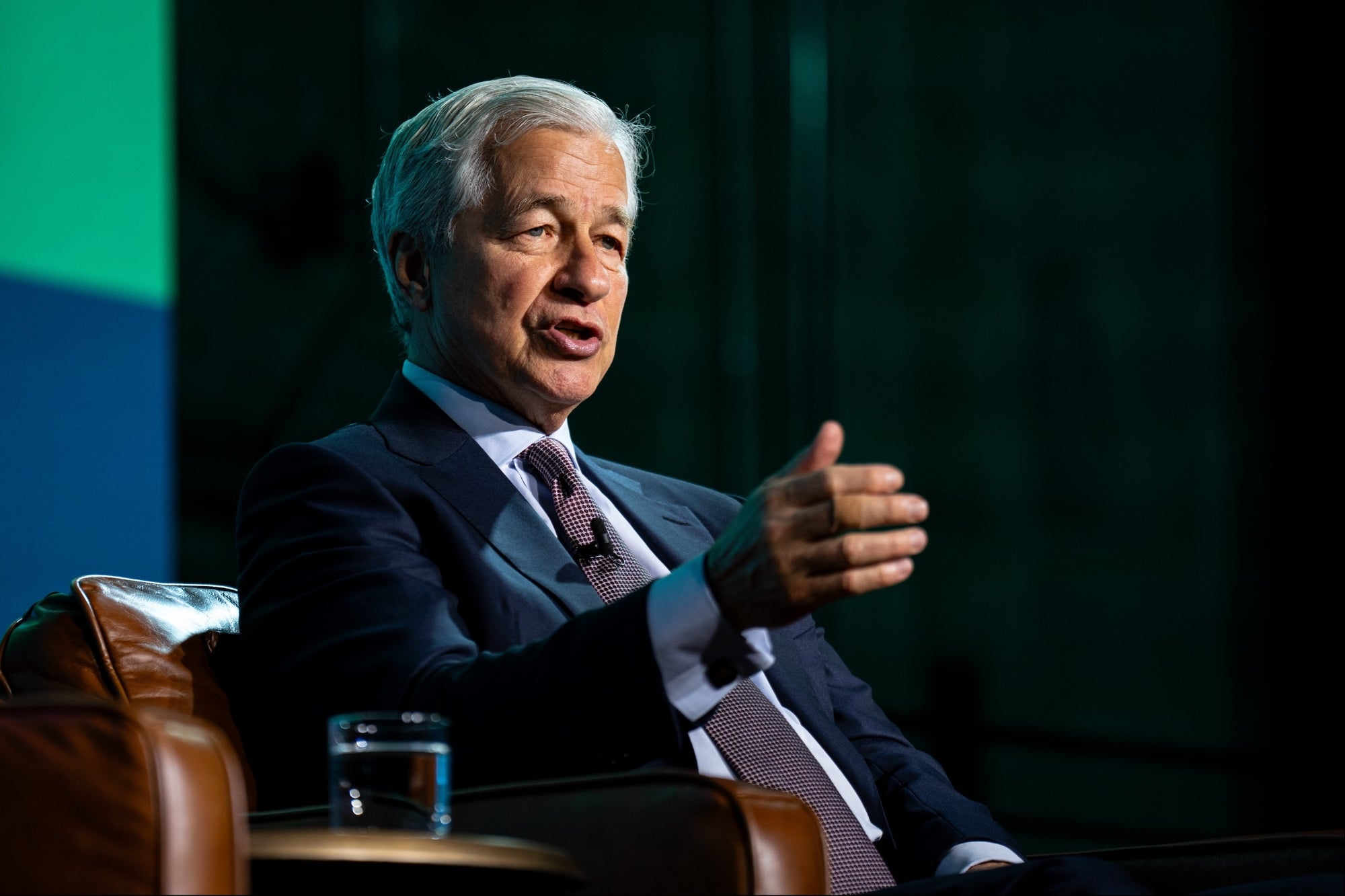The Carolinas Concentrate on Nuclear Energy North and South Carolina businesses cluster together to be a leader in the nuclear energy industry.
Opinions expressed by BIZ Experiences contributors are their own.
Editor's Note: This series takes a close-up look at the SBA's economic "clusters" designed to aid regional businesses. Read the first installment on Minnesota.
The Carolinas have gorgeous beaches that attract tourists from across the country, some of the most competitive college basketball fans in their league, legendary pork barbeque, and, perhaps less well-known across the country, a dominant and growing nuclear energy industry.
North and South Carolina together supply 11.5 percent of the entire nation's nuclear energy. While controversial for its alleged risk, supporters of nuclear energy say it is a sustainable energy source that doesn't harm the environment as severely as burning coal does. North Carolina gets 32 percent of its total electricity from five nuclear reactors currently in operation in the state. And South Carolina gets 52 percent of its electric power from its seven nuclear facilities.
Because there are so many nuclear power facilities in the Carolinas, 54 business leaders, non-profits and academic institutions have banded together to form the Carolinas' Nuclear Cluster, now part of the Small Business Administration's regional cluster program.
In the past two years, the SBA has awarded $1.2 million to the Columbia, S.C., network, one of 10 regional clusters in a pilot program designed to increase small-business involvement and create jobs. As a result of the two-year project, the Carolinas' Nuclear Cluster says it has created 437 jobs, in addition to launching a number of business-development initiatives that will likely translate into jobs in coming years.
When you think "nuclear energy," it's hard to imagine how a small business could crack into the industry dominated by the likes of Duke Energy and SCANA Corp. Not so. "I don't want people to think this is only a land of big business," says Scott Carlberg, manager of the Carolinas' Nuclear Cluster.
Small businesses generally participate in the nuclear industry by supplying parts to the giant multinationals that do the actual construction and processing. For BIZ Experiencess interested in selling goods to bigger companies in the industry, the cluster has held approximately eight "supplier sessions," where small businesses learn how they will need to tighten their standards to participate in the nuclear industry, Carlberg says.
Also, the Carolinas' Nuclear Cluster has provided on-site advice to small-business owners interested in transitioning their facility to serve the nuclear industry. Because of the stiff regulations involved, it takes a significant modification of existing facilities to be up to code. "If you can conform to the quality specs of nuclear, that helps your entire operation improve in quality, so that is a good thing," says Carlberg.
The Carolinas' Nuclear Cluster has also directed its SBA funding to its Leadership Energy Carolinas program for upcoming industry leaders. Industry professionals between the ages of 23 and 45 are nominated by their cluster-member-business to participate in the one-year professional development program.
Related: How Industry Clusters Can Spur Small-Business Growth
One small business that's benefited is RCS Nuclear of Charlotte, N.C. Back in 1997, RCS was an environmental and engineering services company with revenue of $5 million a year. Now, RCS has specialized to become a professional staffing company specifically for the nuclear industry, and annual revenue tops $30 million. Being part of the cluster helped RCS Nuclear develop stronger relationships with nuclear clients, says Karen Garcia, a co-owner. Also, the Leadership Energy Carolinas has helped train its staff, she says.
And for industrial supply house Carotek in Matthews, N.C., being a member of the cluster has meant increased industry exposure for its 100-plus-employee business. A relatively new member of the cluster, family-owned Carotek will be hosting an upcoming Carolinas' Nuclear Cluster meeting at its facility. And being part of the cluster also helped Carotek drum up attendees for the company's recent trade show, Carlberg says.
Do you belong to a regional network or trade group, and how has it helped your business? Leave a comment below and let us know.
Related: In Monterey Bay, an Agricultural Tech Cluster Blossoms












